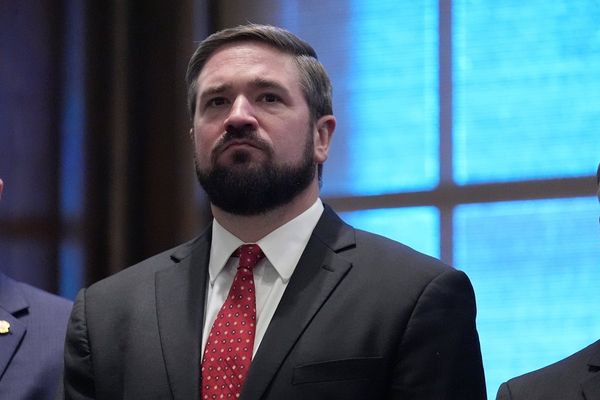Lebanon's president on Wednesday returned to parliament an amended banking secrecy law that lawmakers passed around a month ago, saying it needed further tweaks to strengthen it.
Parliament's passage of the legislation on July 26 was considered a modest first step towards reforms required for Lebanon to access $3 billion from the International Monetary Fund (IMF) and help ease its financial meltdown.
But the passed law was a watered-down version of the original proposal, prompting concerns that the IMF would not consider it robust enough to qualify as a real reform measure.
It does not lift banking secrecy as a whole and allows only some government bodies to lift it specifically in cases of criminal investigations.
In a written statement on Wednesday, President Michel Aoun said the bank secrecy law "is one of the most important texts to be approved in this context, as it deals with the banking secrecy system".
As such, he said, the law required "further clarification in order to ensure its proper and automatic application", including setting out within what time frame it would be applicable and amending which institutions could lift secrecy.
Now in its third year, Lebanon's financial meltdown has sunk the currency by more than 90%, spread poverty, paralysed the financial system and frozen depositors out of their savings in Lebanon's most destabilising crisis since the 1975-90 civil war.
Donor states want Lebanon to enact reforms to address root causes of the crisis, including decades of state waste and corruption, before aid is released.
The IMF's staff level agreement had called for a new bank secrecy law "in line with international standards to fight corruption and remove impediments to effective banking sector restructuring and supervision, tax administration, as well as detection and investigation of financial crimes, and asset recovery".
(Reporting by Maya Gebeily; Editing by Nick Macfie)







